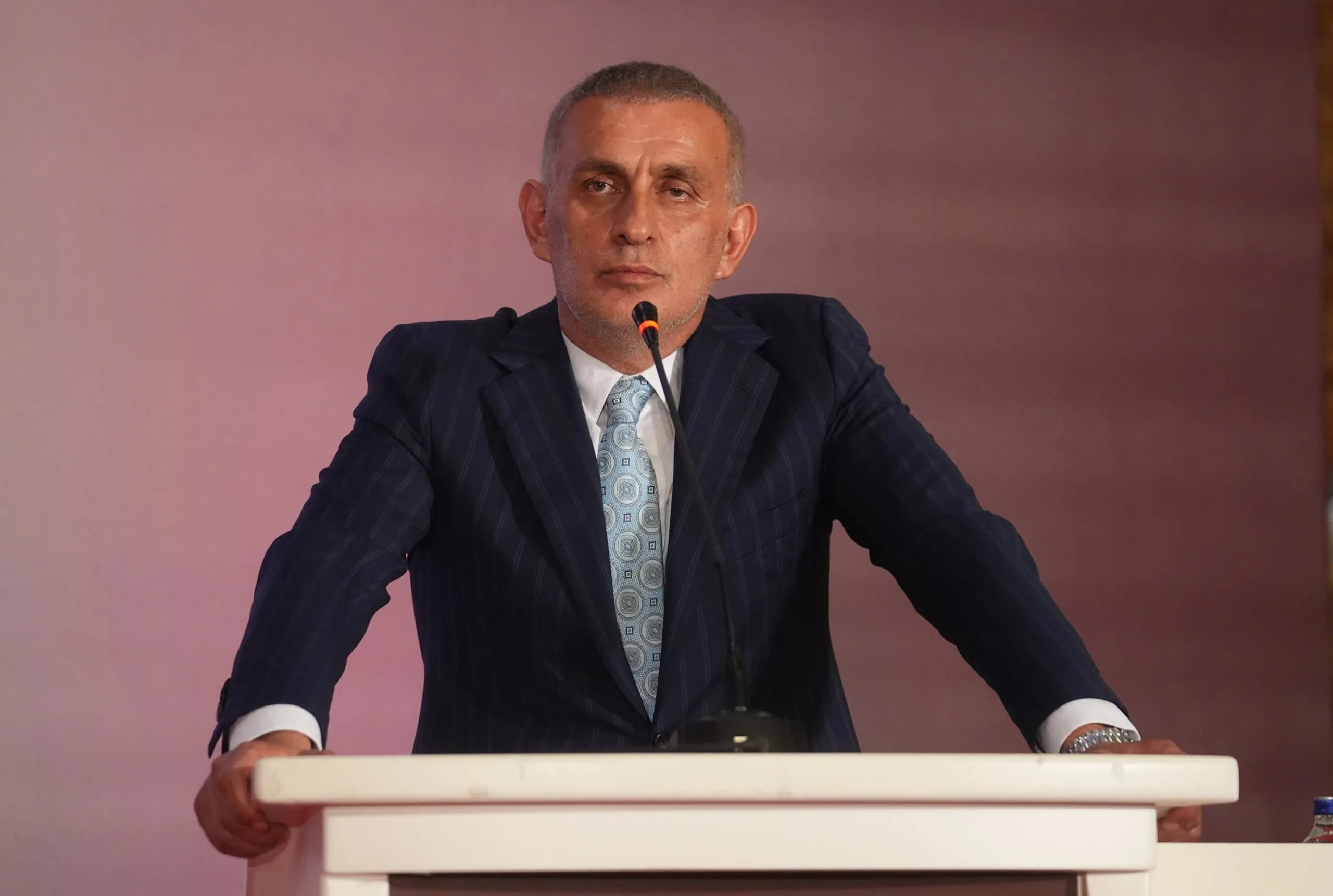The integrity of Turkish professional football has been rocked by a sweeping betting scandal that has resulted in the suspension of 149 match officials and placed hundreds more under scrutiny.
The Turkish Football Federation (TFF) announced that of the 571 referees currently active in the country’s professional leagues, 371 were found to have registered accounts with betting firms, while 152 were determined to have placed bets on football matches.
TFF President İbrahim Hacıosmanoğlu revealed these findings in a press conference held in İstanbul, where he said that the investigation covered a five-year period and was conducted in collaboration with government institutions. He lamented what he called a breach of trust and ethics among referees, saying that “we are determined to clear football of any trace of corruption. We will make no exception.”
The names of the referees implicated were officially referred to the TFF’s Professional Football Disciplinary Board (PFDK). Among those facing action are seven senior referees from the top tiers of Turkish football and 15 senior assistant referees.
One of the most alarming details: one referee placed 18,227 bets on football matches; in total, 42 referees placed bets on more than 1,000 matches each in the five-year period under review.
In response, the federation announced that 149 referees have been suspended for periods between eight and twelve months while the investigation and disciplinary procedures continue. The still-ongoing probe covers three additional officials whose suspensions are pending.

Hacıosmanoğlu emphasised that simply holding a betting account is itself a violation of TFF rules as well as international norms overseen by FIFA and UEFA.
“Although no officials were named at that moment, the list includes seven referees and 15 assistant referees from Turkey’s top two divisions,” he said. “We are saddened by the fact that, despite clear instructions, our referee colleagues are opening accounts and placing bets in their own names.”
The legal dimension of the matter has also been triggered: the Istanbul Chief Public Prosecutor’s Office confirmed it has accepted the federation’s findings as part of a formal criminal complaint, and investigations are underway into whether these betting activities amount to match manipulation or other offences under Turkey’s sports integrity and betting laws.
Turkish football has long been shadowed by concerns over referee impartiality and the influence of external interests. Supporters and clubs have for years criticised officiating decisions, citing perceived bias and lack of transparency.
This scandal now threatens to deepen those suspicions and damage both the perception and reality of fairness in the sport.
Hacıosmanoğlu said that reforms will follow: stronger training and ethics programmes for referees will be implemented, and the TFF’s internal controls over officials will be overhauled. “Our duty is to elevate Turkish football to its rightful place and to purge it of all its filth,” he said.
The fallout could be extensive. Under Article 57 of the TFF disciplinary code, referees found guilty of betting face suspensions of between three months and one year from officiating or football-related activities.
But given the magnitude of the breach, and the involvement of officials at top level, more severe sanctions by FIFA or UEFA or even criminal penalties may follow if manipulation is proven.

